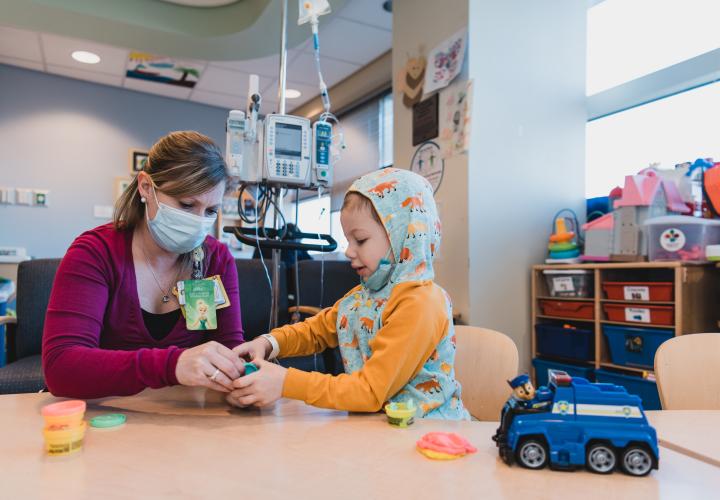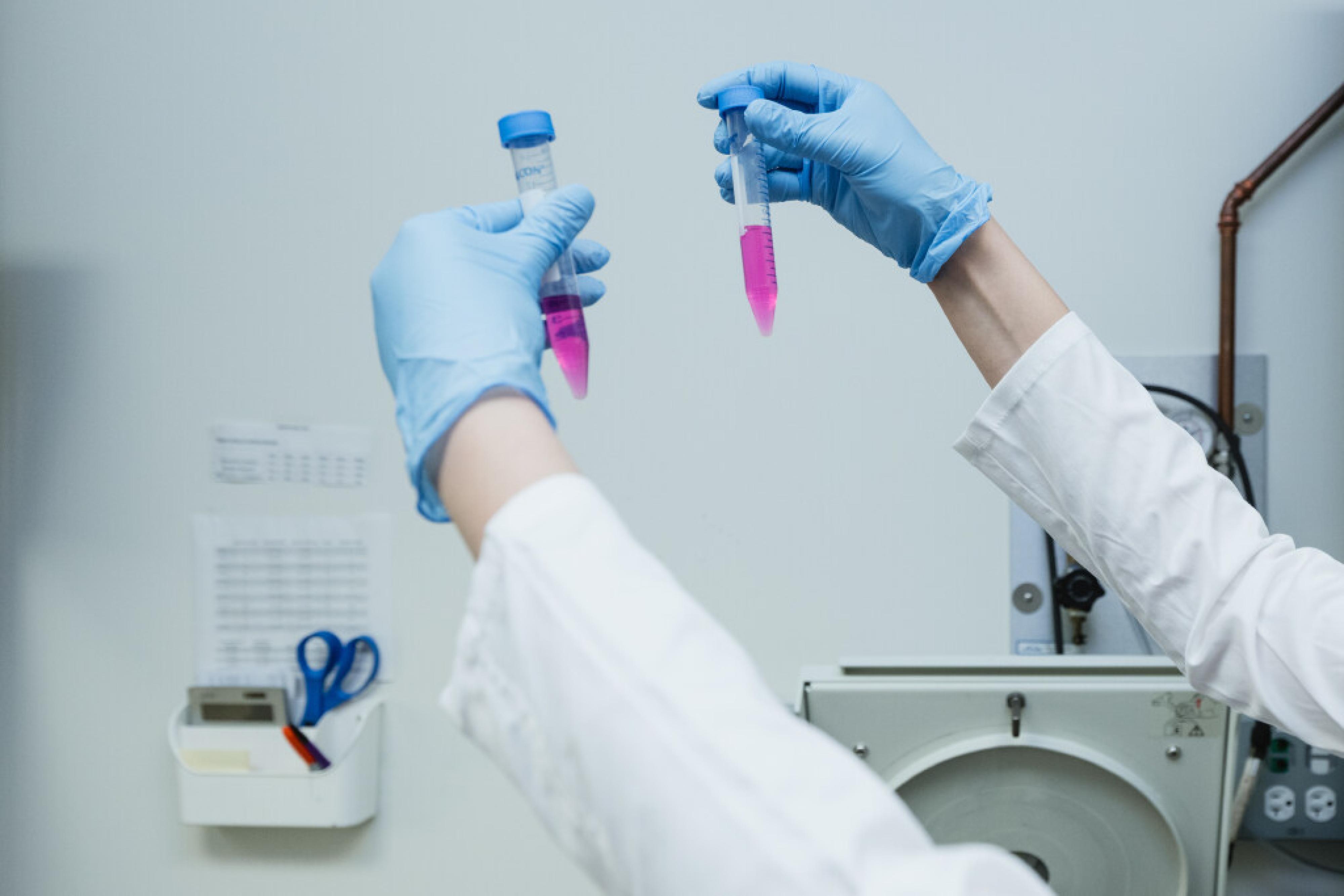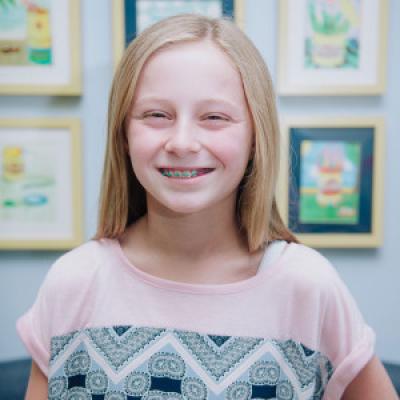Connecticut Children’s Sarcoma Program provides comprehensive care to pediatric, adolescent and young adult oncology patients with both soft tissue sarcomas and sarcomas of the bone.
We take an integrated, collaborative approach when treating patients offering treatment types best suited for your child. Our team includes pediatric oncologists, general surgeons, orthopedic oncologists, radiation oncologists, and specialists in pathology and radiology. We also offer a comprehensive fertility and sexual health team and adolescent and young adult cancer program. We proudly provide exceptional clinical care, access to novel therapies and clinical trials, and family support programs.
Types of Tumors We Treat
Our multidisciplinary team treats a wide range of tumors, including:
- Bone tumors
- Benign soft tissue tumors
- Soft tissue tumors (soft tissue sarcoma)
- Osteosarcoma
- Ewing sarcoma
- Rhabdomyosarcoma
What is the difference between Benign and Malignant Tumors?
Tumors, or neoplasms, are groupings of abnormal cells that cluster together to form a mass or lump. They’re formed when cells divide and grow excessively, and they can be benign (not cancerous) or malignant (cancerous).
Benign tumors are slow-growing, noncancerous, and do not spread to surrounding tissues. They are often diagnosed following a minor trauma, fracture or history of pain. Treatment options vary depending on the size, type and location of the benign bone tumors, but surgery will generally treat these tumors.
A cancerous tumor (malignant neoplasm) can grow unchecked, invade healthy tissue and metastasize (spread to other parts of the body). If it goes untreated and continues to spread, a malignant neoplasm can interfere with organ function and become life-threatening.
Treatment depends on the type of cancer and how far it has progressed. If the cancer is limited to one area and hasn’t spread, the tumor may be removed through surgery. Other common treatments include chemotherapy, which kills cancer cells throughout the body, and radiation therapy, which kills cancer cells in a specific area of the body. Treatment for malignant tumors also includes extensive family and child support from our team at Connecticut Children’s.
Orthopedic Oncology
At Connecticut Children’s, we evaluate, diagnose and treat a wide range of bone and soft tissue tumors. Musculoskeletal tumors are relatively rare and require highly specialized care. Our orthopedic oncology specialist Adam D. Lindsay, MD, partners with general surgical oncologists, radiation oncologists, adult medical oncologists, radiologists, pathologists and plastic surgeons to provide a multidisciplinary, coordinated approach to care for each patient. Dr. Lindsay is a fellowship-trained orthopedic surgeon, specializing in orthopedic oncology. Learn more about his research interests here.



